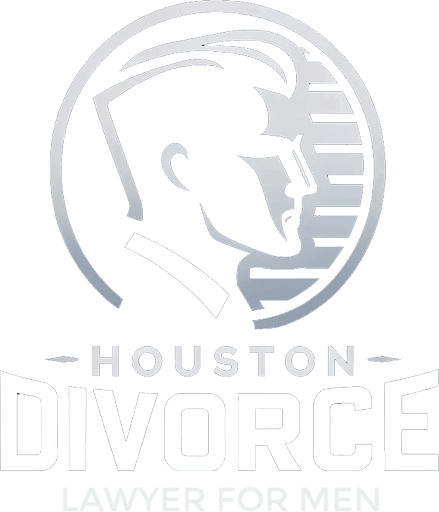Contents
Oftentimes, many parents believe that unless a court order is given, child support payments do not need to be paid. These parents are mistaken and will be unpleasantly surprised with retroactive child support. This article will discuss what retroactive child support means and how is it determined.
CALL THE HOUSTON DIVORCE EXPERTS AT (832) 410-8935
What is Retroactive Child Support?
Retroactive Child Support occurs when a parent who should have been making child support payments, prior to the date the court order was established, fails to do so. Two statutes in the Texas Family Code discuss retroactive child support: Section 154.009 and Section 154.131.
Back Child Support in Texas
Section 154.009 of the Texas Family Code states,
(a) The court may order a parent to pay retroactive child support if the parent:
- has not previously been ordered to pay support for the child; and
- was not a party to a suit in which support was ordered.
(b) In ordering retroactive child support, the court shall apply the child support guidelines provided by this chapter.
(c) Unless the Title IV-D agency is a party to an agreement concerning support or purporting to settle past, present, or future support obligations by prepayment or otherwise, an agreement between the parties does not reduce or terminate retroactive support that the agency may request.
(d) Notwithstanding Subsection (a), the court may order a parent subject to a previous child support order to pay retroactive child support if:
- the previous child support order terminated as a result of the marriage or remarriage of the child’s parents;
- the child’s parents separated after the marriage or remarriage; and
- a new child support order is sought after the date of the separation.
(e) In rendering an order under Subsection (d), the court may order retroactive child support back to the date of the separation of the child’s parents.
As outlined above, the court may order a parent to pay retroactive child support if the parent had not been ordered to have done so before.
Note, according to this section, if an agreement to pay child support had been halted and later on needed to be reactivated, retroactive child support may also kick in. This will be better illustrated through an example. Suppose child support payments were halted due to a new marriage; when that marriage ends, the need for child support will be reactivated. The court then may order retroactive child support initiating at the date of separation.
Factors Considered in Ordering Retroactive Child Support
The court will consider many factors in rendering an order for retroactive child support. These factors are outlined in Section 154.131 of the Texas Family Code which states,
(a) The child support guidelines are intended to guide the court in determining the amount of retroactive child support, if any, to be ordered.
(b) In ordering retroactive child support, the court shall consider the net resources of the obligor during the relevant time period and whether:
- the mother of the child had made any previous attempts to notify the obligor of his paternity or probable paternity;
- the obligor had knowledge of his paternity or probable paternity;
- the order of retroactive child support will impose an undue financial hardship on the obligor or the obligor’s family; and
- the obligor has provided actual support or other necessaries before the filing of the action.
(c) It is presumed that a court order limiting the amount of retroactive child support to an amount that does not exceed the total amount of support that would have been due for the four years preceding the date the petition seeking support was filed is reasonable and in the best interest of the child.
(d) The presumption created under this section may be rebutted by evidence that the obligor:
- knew or should have known that the obligor was the father of the child for whom support is sought; and
- sought to avoid the establishment of a support obligation to the child.
(e) An order under this section limiting the amount of retroactive support does not constitute a variance from the guidelines requiring the court to make specific findings under Section 154.130.
In sum, the court will consider whether the obligor had actual knowledge of his (probable) paternity; whether applying the retroactive child support will cause undue hardship on the obligor or his family; whether the obligor provided necessaries and actual support before the filing of the action.
There is a presumption that the amount of retroactive child support to an amount of a maximum of four years prior to the filing of the petition is considered reasonable. However, this presumption may be rebutted through evidence that the obligor knew of his paternity of the child and intentionally avoided the establishment of child support. The ultimate decision as to the amount of retroactive child support is completely left to the discretion of the court.
It is important to note, the Code states that the court will remain to retain jurisdiction to render an order for retroactive child support in a suit if a petition requesting retroactive child support is filed not later than the fourth anniversary of the date of the child’s 18th birthday.
